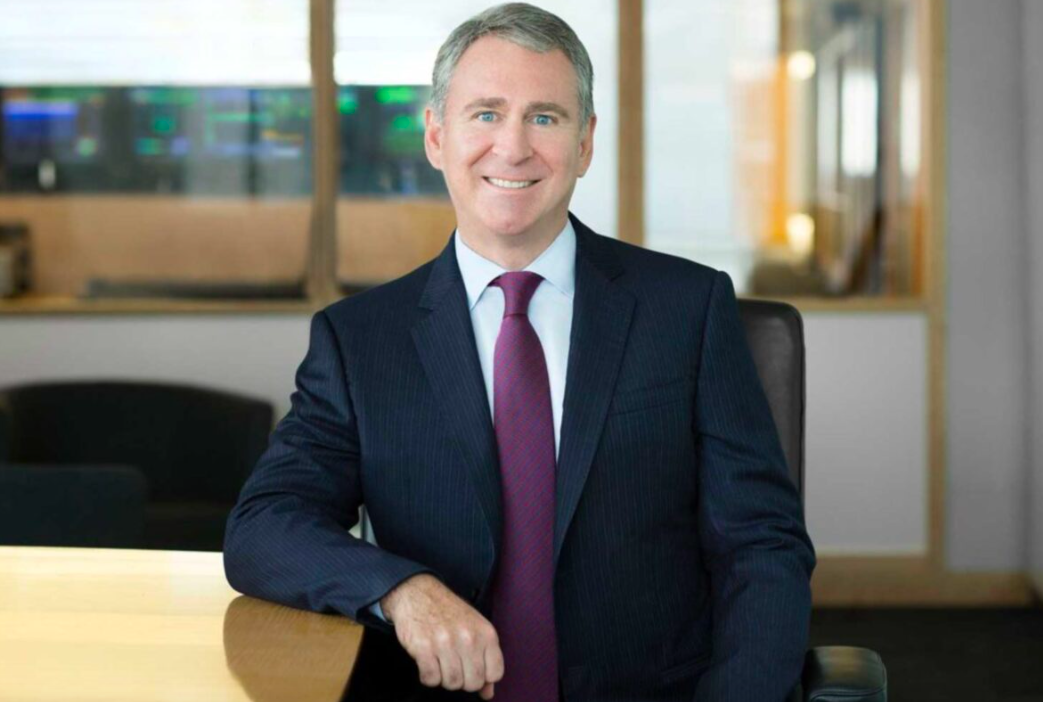At the 2025 Forbes Iconoclast Summit in New York, billionaire hedge fund manager and Citadel CEO Ken Griffin delivered a strong rebuke of former President Donald Trump’s latest economic policies—specifically targeting his administration’s proposed tax legislation and revived tariff measures. A prominent Republican donor and influential voice in financial circles, Griffin’s criticism marked a notable shift from earlier alignment with Trump’s economic agenda.
Tariffs Are “Anti-Growth” and Economically Damaging
Griffin didn’t mince words when addressing the administration’s recent push to reintroduce tariffs on imported goods. He labeled the tariff policy as “anti-growth,” arguing it has already inflicted tangible harm on the U.S. economy by inflating prices and reducing competitiveness.
“These policies are stifling economic activity and putting unnecessary pressure on American consumers,” Griffin warned.
Citing declining projections for economic growth, he noted that the policy shift has led to reduced investor confidence and business uncertainty, particularly for companies dependent on global supply chains. Griffin emphasized that major retailers like Walmart have already signaled that tariffs would force them to raise prices—a burden ultimately shouldered by everyday Americans.
He also called out the administration’s efforts to silence corporate leaders who speak candidly about such issues, stating bluntly:
“Shame on the administration” for discouraging open and honest business communication.
Fiscal Recklessness: Tax Cuts Without Responsibility
Turning to the new Republican-backed tax proposal passed by the House, Griffin expressed serious concern about its long-term fiscal consequences. He argued that the proposed tax cuts, while politically appealing, come at a dangerous cost—ballooning the national deficit without any accompanying plan to balance the budget.
Griffin cited Congressional Budget Office projections that estimate the bill could add up to $2.4 trillion to the national debt over the next decade. He warned that such deficit-financed legislation undermines the country’s financial stability, especially during a period of full employment when fiscal prudence is most needed.
“We’re weakening our nation’s credit standing,” he said, warning that the U.S. is starting to resemble high-debt European countries like Italy and Greece in terms of default risk indicators.
Griffin cautioned that continued deficit spending without reform would inevitably lead to higher interest rates, lower growth, and a loss of investor confidence in U.S. Treasury bonds.
Questioning the Tariff Strategy: “Why Bring Back Low-Wage Jobs?”
One of the most pointed critiques came when Griffin questioned the logic behind using tariffs to restore domestic manufacturing jobs—especially those with historically low pay.
“Why are we trying to bring back jobs that never paid much to begin with?” he asked. “This isn’t a forward-looking strategy.”
He argued that a more constructive economic approach would be to invest in higher-wage, high-skill industries rather than attempting to replicate the manufacturing economies of countries like China.
By trying to force a reshoring of low-margin industries, the administration, in Griffin’s view, is using outdated playbooks that ignore both global market realities and the evolving nature of the American workforce.
A Call for Pro-Growth, Transparent Policy
While Griffin’s criticism was direct and often sharp, it was ultimately underpinned by a plea for more responsible, growth-oriented economic leadership. He urged lawmakers to focus on innovation, fiscal responsibility, and workforce advancement instead of short-term political wins.
He also championed greater transparency in public discourse, applauding CEOs like Walmart’s Doug McMillon for publicly warning about the cost of tariffs and resisting political pressure to stay silent.
“Silencing truth-tellers in business only makes our economy more fragile,” Griffin concluded.
